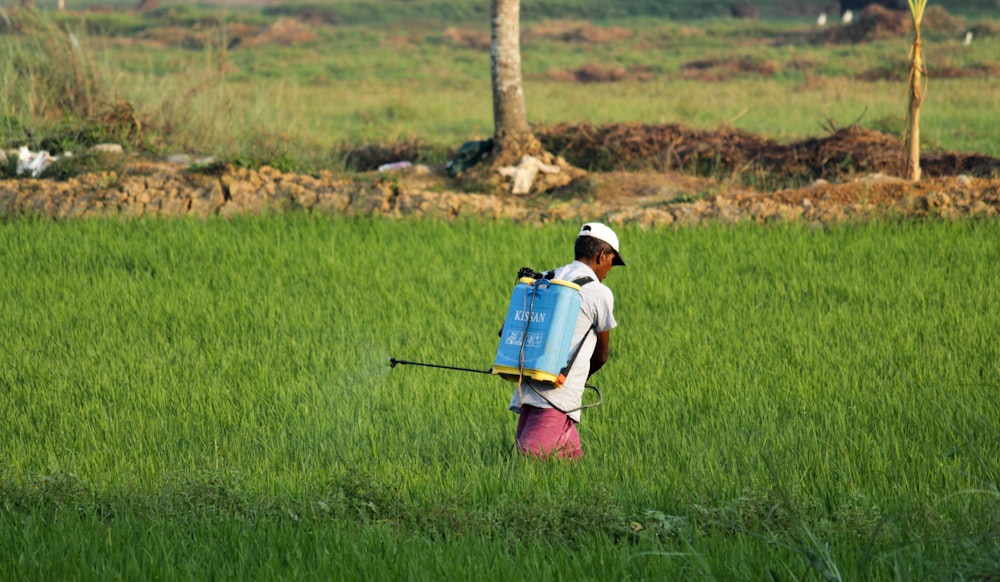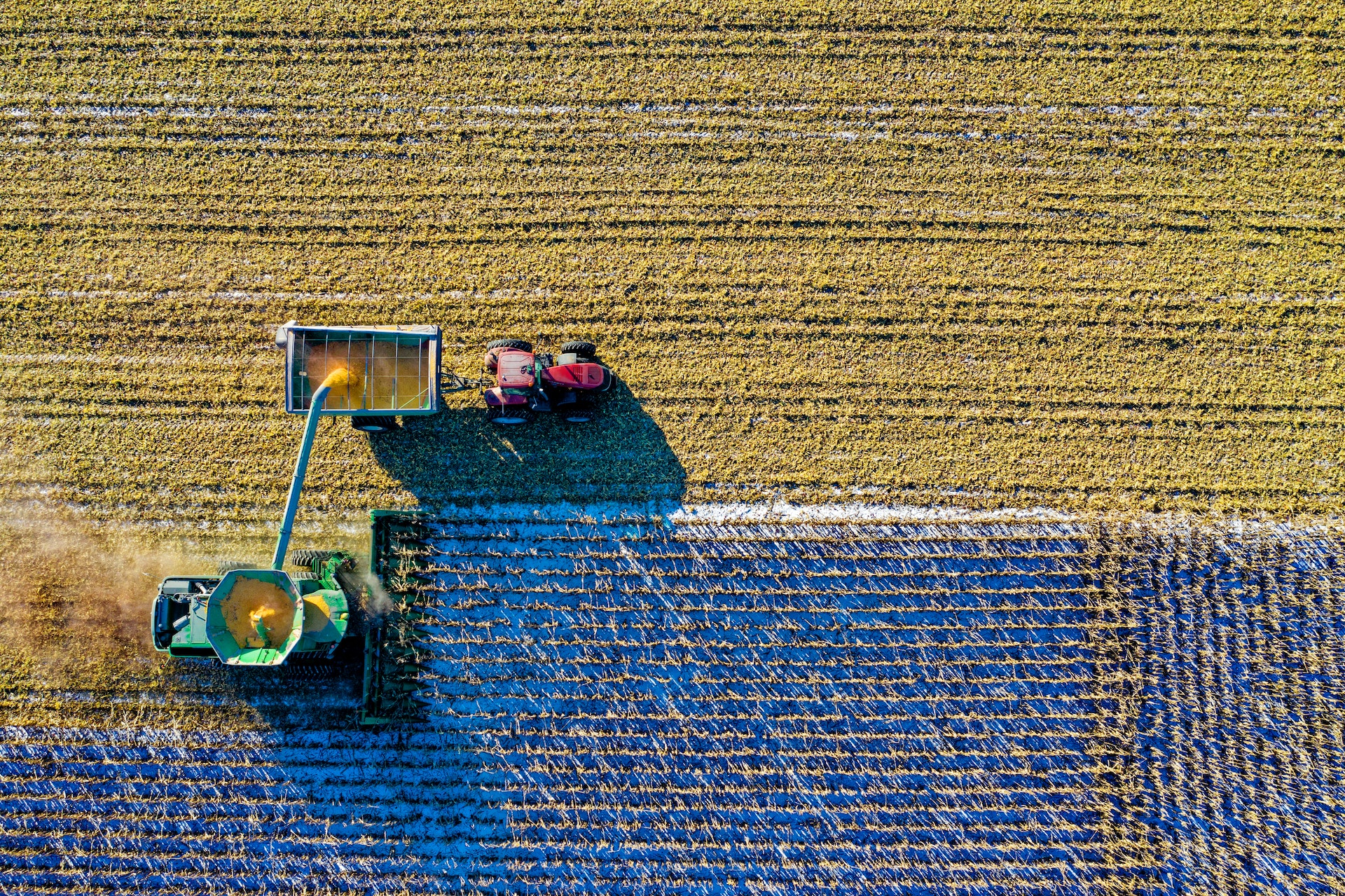
They played an important role that brought about a revolution in agriculture, controlling insect pests associated with crops and vector-borne diseases like malaria or dengue fever which can be transmitted through mosquitoes carrying these organisms from one host to another.
But, what is the impact of pesticides on the environment? Pesticides are everywhere, from the soil to your lawn and even in water sources.
They kill insects or weeds but can also be toxic for other organisms, including birds who eat them as a food source, fish that may swim near pesticides because they need oxygen, etc.
In general, insecticides pose greater risks than herbicides depending on their type. This article will deeply tackle what pesticides are and how they can affect the environment, what type is the best one to use and what they are made of.
Know The Ropes of Insecticides
Pesticides are either restricted or unclassified. Restricted means they can harm humans and the environment. Unclassified refers to all other pesticides that do not fall under any category in terms of safety for use on food crops like vegetables.
Pesticides are complex chemicals that can be used to control pests in both the field and home. There is a federal law requiring them to be labeled with their active ingredients.
However, not all pesticides have this label requirement, so you should always check your product before using it on anything valuable or sensitive like flowers/herbs.
Some ingredients are essential to the efficacy of a pesticide, but they do not cause harm on their own. These “inert” substances serve as solvents or carriers for active chemicals in pesticides and help move them around to apply them more efficiently.
The use of pesticides has had a significant impact. Not just on our food production but also in saving lives. A safe compound for pest control is also available that is not harmful for the environment.
When you think about how many people are allergic or sensitive to insects, it’s no wonder that these tools were essential for protecting both human health and agriculture during wartime periods.
Many pesticides are hazardous for humans and other organisms. It makes their use in the environment highly controversial, as many people are opposed to them.
Not only do they pose potential risks but also because there is no way of knowing how these toxins will affect our health down the line.
The Impact of Pesticide
Pesticides are toxic chemicals that have been designed to be deliberately released into the environment.
Although each pesticide is to kill specific pests, a large percentage of these reach other places than their target and can cause harm on many different levels, from environmental poison-outs. It could affect plants or animals all the way up through human health problems with inhalation exposure.
Pesticides easily contaminate the air, ground, and water when they runoff from fields. They escape storage tanks or are not disposed of properly, which can lead to their release into streams.
Sprayed pesticides also have a high potential for contaminating our environment if these products are not handled with care during application.
- Water
Pesticides are found everywhere, from rain to lakes and oceans. Glyphosate is a toxic chemical that can have negative impacts on humans and the environment.
It may drift outside of its intended area, leach into soil or runoff water sources, where it will continue to affect wildlife if not diluted well depending upon how much exposure each has had over time (some species are more sensitive than others).
If spilled accidentally, then there’s potential for harm due specifically in these accidental settings.
- Soil
Grazing land without using chemicals is a better way to maintain soil quality and quantity. The increased biodiversity in the environment not only makes it healthier for plants. It also gives us humans access to many beneficial insects that help feed our crops.
- Plants
Nitrogen fixation is necessary for the growth of many large plants, but it can be hindered by pesticides. It leads to lower crop yields and a decline in pollination from bees that are essential because they act as pollinators.
The application of these chemicals also affects honeybees which will decrease reproduction rates on your acres.
- Animals
Pesticides can be harmful to animals, depending on the type and amount they are exposed to. For example, birds may eat bugs with residues from pesticides, which will end up in their system.
These toxins could make their way back down through various food chains, including insects or worms who have consumed parasite-infected prey killed by these chemicals – harming more than one animal along this chain.
- Birds
The use of pesticides is harming birds. The types that are only slightly toxic to mammals and may kill off earthworms can reduce populations.
Some pesticides can be harmful to both wildlife and humans. Pesticides come in many different forms, such as granules or liquids that birds may mistake for food grains; some herbicides reduce bird populations by reducing their habitat due to these adverse effects on animal life cycles.
- Aquatic Life
Fish and other aquatic biota are often harmed by pesticide-contaminated water. Application of herbicides to bodies of water can kill plants, diminishing the amount of oxygen available for fish in that area, leading them to suffocate or die from lack of sustenance due to their habitat’s inability to support life.
Choose Wellness and Safety
In an age where pesticides have been used to benefit human life through the increase in agricultural productivity and by controlling infectious diseases. Their adverse effects on environmental components are beginning to outweigh.
Now that you are informed about the environmental impact of pesticides, it is up to you. Whether or not it is a healthy choice to grow fruits and vegetables in your horticulture.
Find the best and safe compound for pest control at Brewer International and make your produce in high quality while making the environment and human safe.

